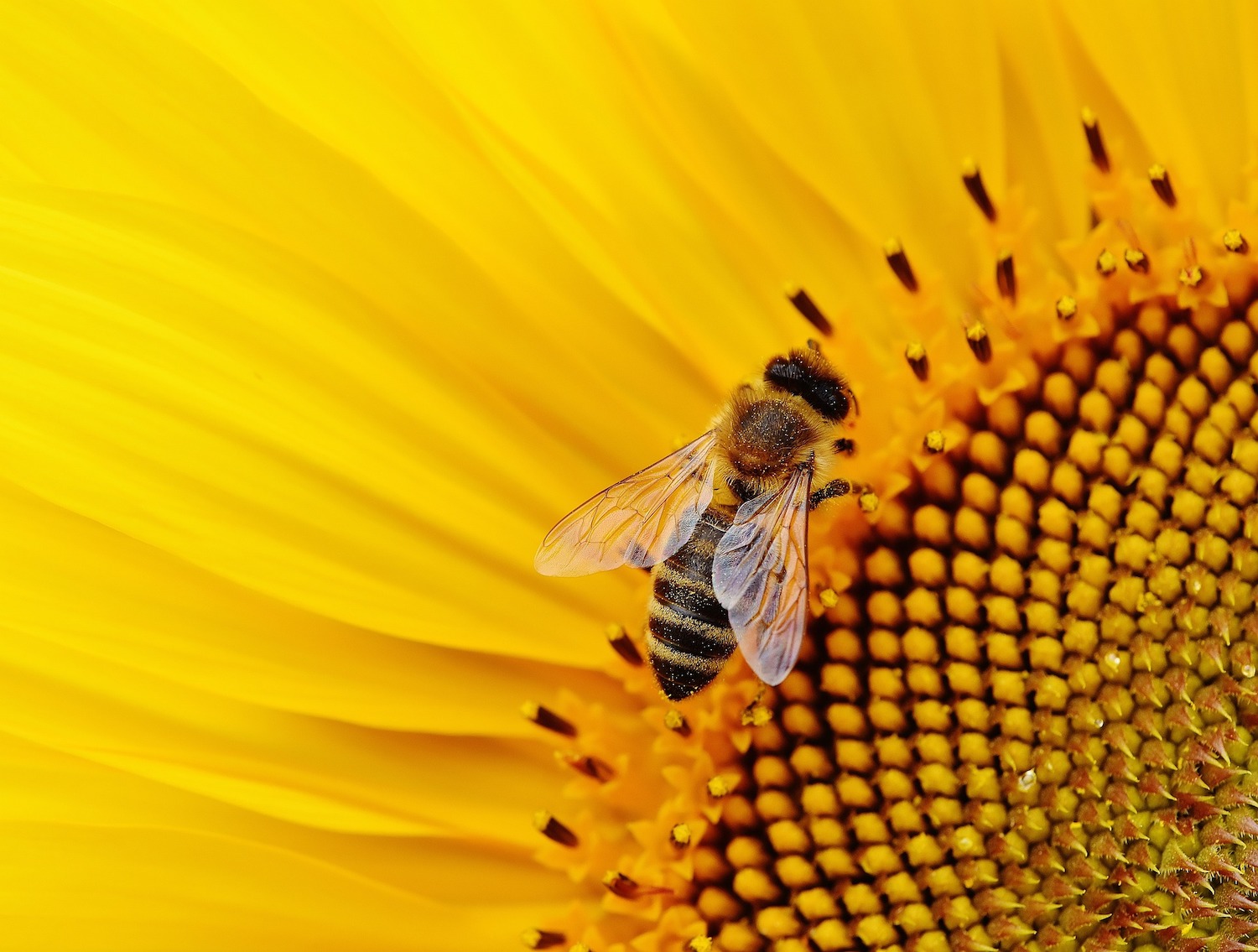– Orsen Coverly:
COP15, the United Nations Biodiversity Conference in Montreal shed more light on the importance of protecting our ecosystem. Pollination loss is part of the ongoing concern when we talk about the ecosystem. A recent news release issued by Harvard’s School of Public Health points out that pollination loss is something we should all pay attention to.
Some might assume that pollination loss has no direct impact on their lives, but it does. In fact, it has a big influence over our environment and wellbeing – and it is something Sparta group is aware of.
“Loss of pollination is just one issue in our ecosystem that threatens our food supply and can impact our health outcomes. We know we can’t just focus on reducing waste and saving energy for clients. Yes, the health of our clients’ business is important, but we need to also work on innovative solutions to protect the health of the workforce because of things like loss of pollination,” said Director of Sparta Health Group, Jason Smith
The Harvard study is the first to quantify the human health toll of pollination loss. The study published in Environmental Health Perspectives, indicates that poor pollination has resulted in a 3-5 percent loss of fruit, vegetable and nut production. In turn, this has led to more than 427,000 deaths from loss of food consumption. The research goes as far as to point to diseases including heart disease, diabetes, and even some cancers that can be associated with loss of certain foods and nutrients.
The researchers turned to empirical evidence from hundreds of experimental farms across Asia, Africa, Latin America, and Europe that focused on crops dependent on pollination. They also used a risk-disease model to determine health impacts associated with changes in pollination, specifically the impact on diet and mortality. Lastly, the team calculated the loss to the economy from lost pollination. Depending on where you live, the economic impact of lack of pollination can be devastating.
“We don’t have technology that directly addresses the issue of pollination loss, but we do have technologies that address many other environmental concerns that can impact health, as well we are always looking at developing new technologies to address societal problems; the type of problems that can impact the whole world. Looking after the health of your business and your personal health is our priority,” Smith explained.
For more details on the study, click here.



